
Find Help
More Items From Ergsy search
-

MPs Seek Judicial Review Over Voting Age Reduction
Relevance: 100%
-
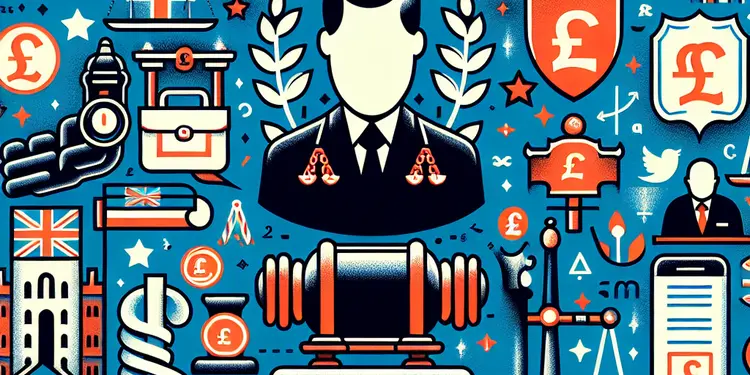
Can the Attorney General be involved in judicial reviews?
Relevance: 45%
-
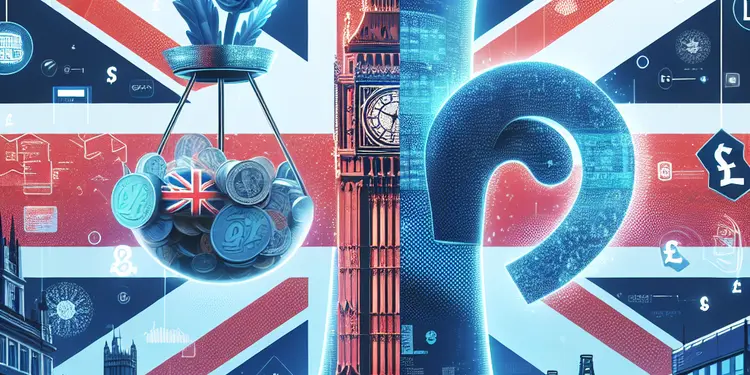
Judicial Review Sought Over NHS Data Sharing Agreements
Relevance: 41%
-
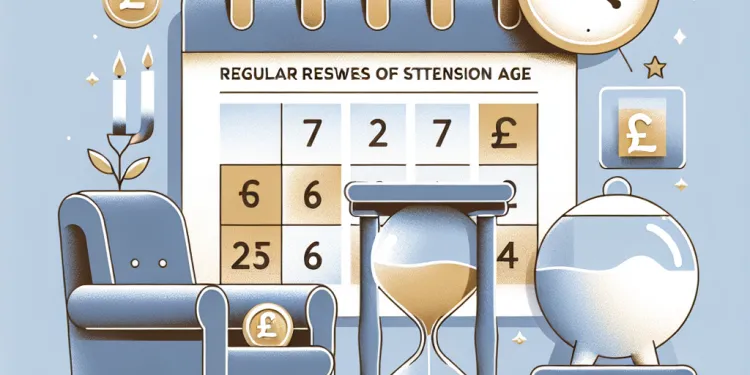
How often does the UK government review the state pension age?
Relevance: 28%
-
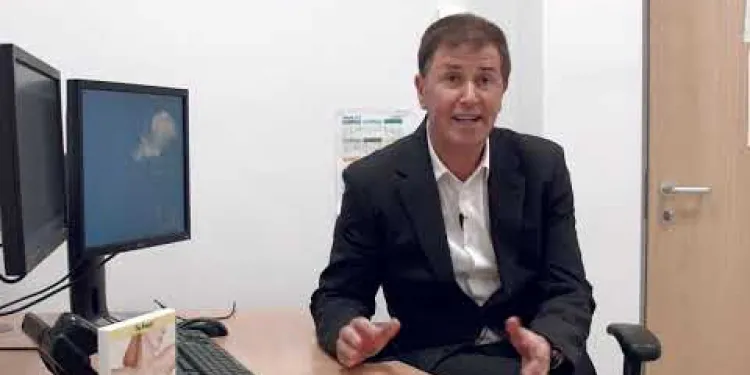
Evidence-Based Interventions: breast reduction
Relevance: 26%
-
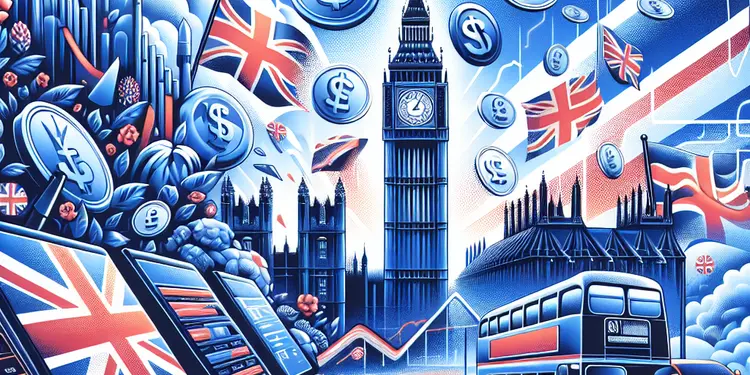
How is an indefinite sentence reviewed?
Relevance: 25%
-

Could there be a reduction in the basic rate of income tax by 2026?
Relevance: 24%
-
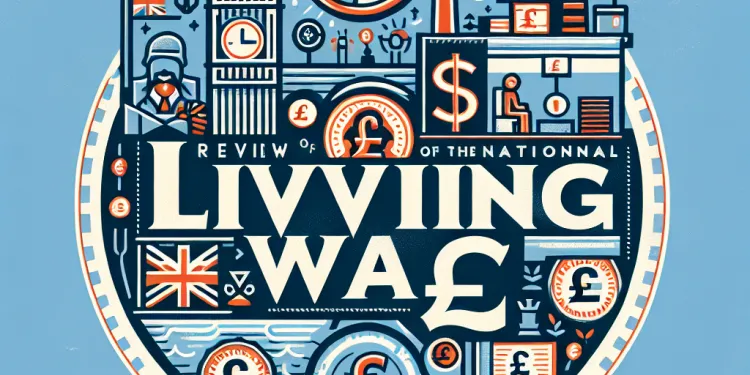
How often is the National Living Wage reviewed?
Relevance: 20%
-

Do all jurisdictions have the same requirements for reviewing indefinite sentences?
Relevance: 20%
-

How significant is the reduction in funding for AIDS, Tuberculosis, and Malaria research?
Relevance: 19%
-
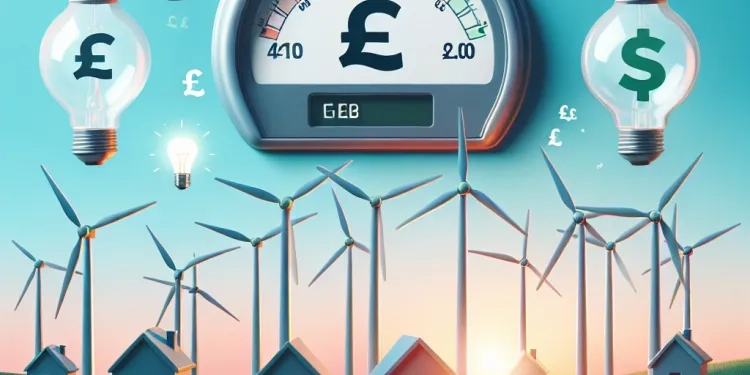
How often is the energy price cap reviewed?
Relevance: 19%
-
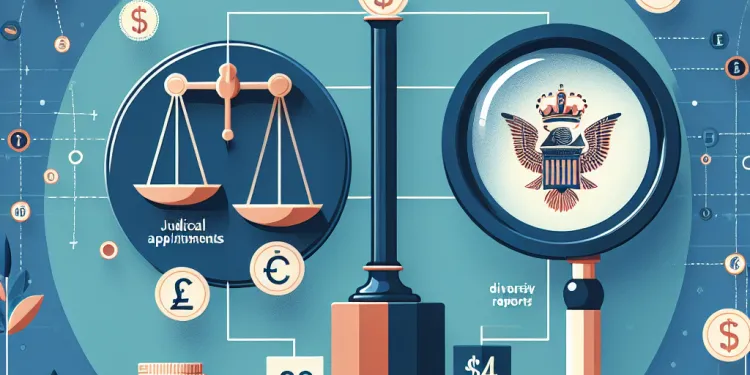
Judicial Appointments Under Scrutiny as Diversity Reports Spark Debate
Relevance: 18%
-

What age group will first see the state pension age at 67?
Relevance: 18%
-
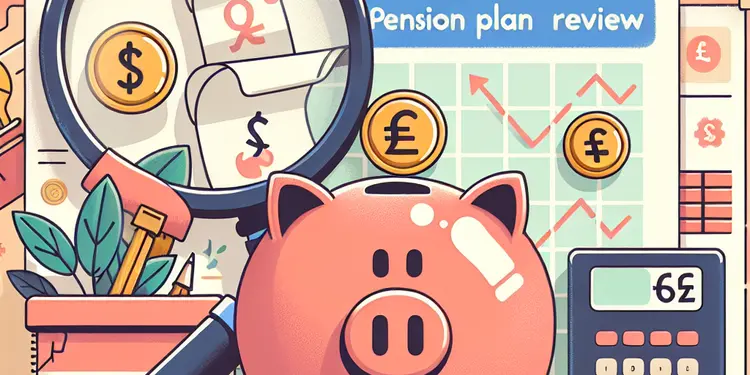
How often should I review my pension plan?
Relevance: 18%
-

What is the state pension age in the UK in 2026?
Relevance: 18%
-
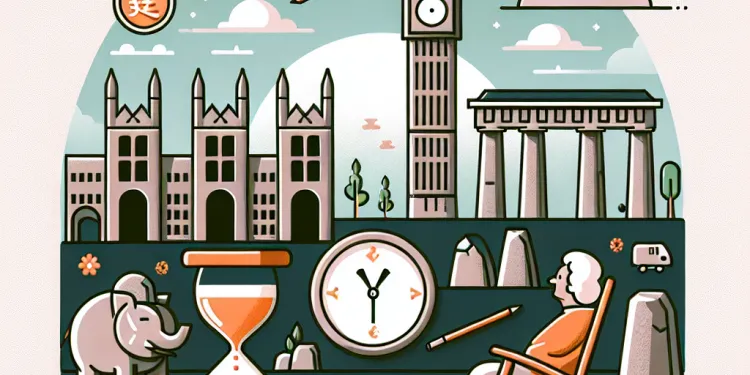
What is the new planned state pension age after 2028?
Relevance: 17%
-
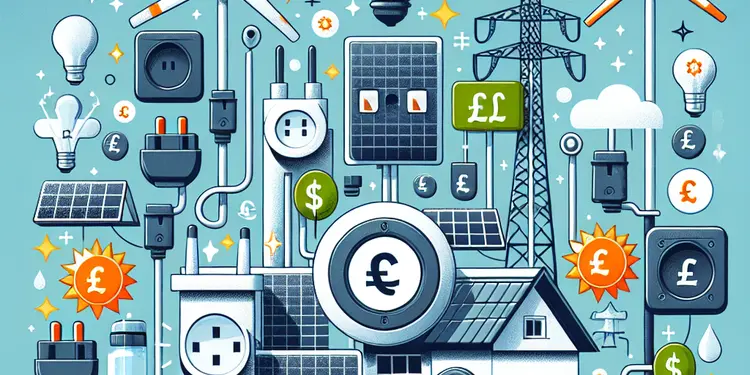
How often do energy companies review their electricity prices?
Relevance: 17%
-
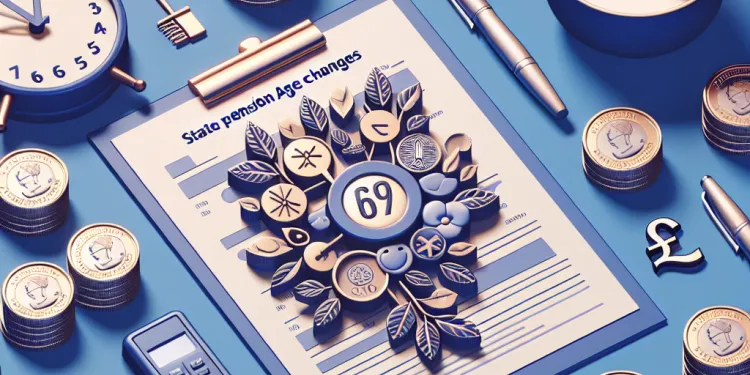
What are the state pension age changes in 2026 in the UK?
Relevance: 17%
-
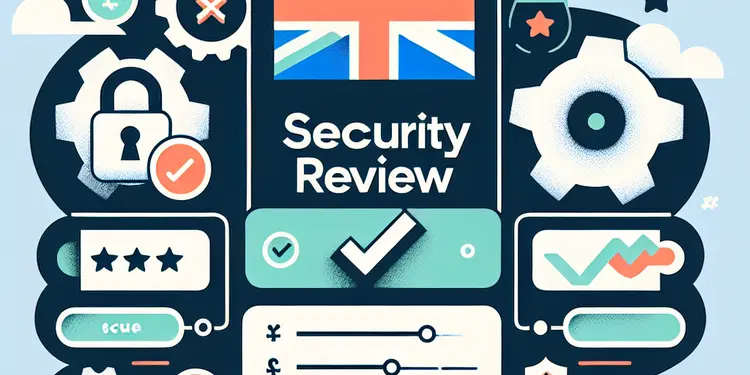
What settings should I regularly review for security?
Relevance: 17%
-
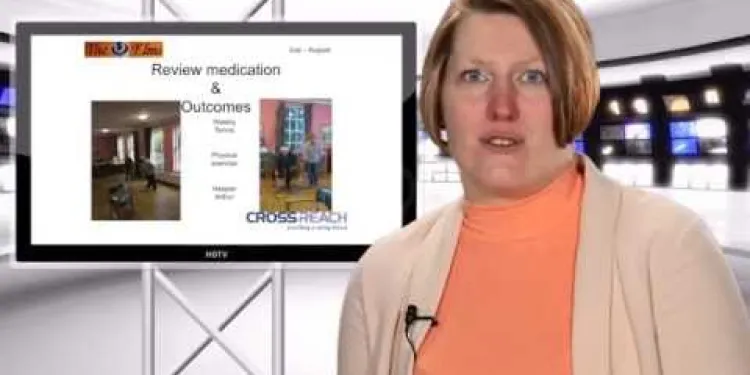
NHSGGC - Reviewing Laxatives
Relevance: 16%
-
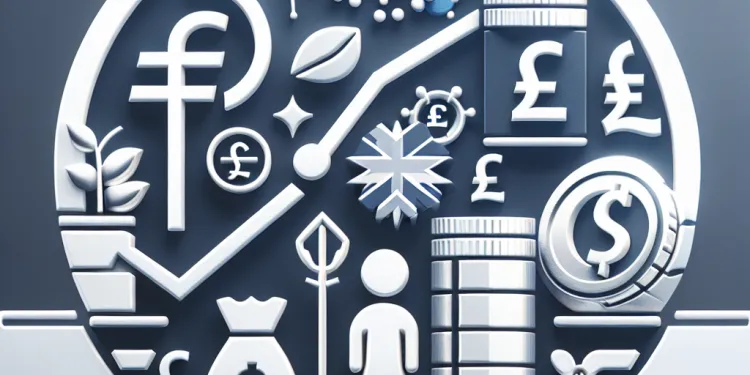
Will the state pension amount change with the age increase?
Relevance: 16%
-
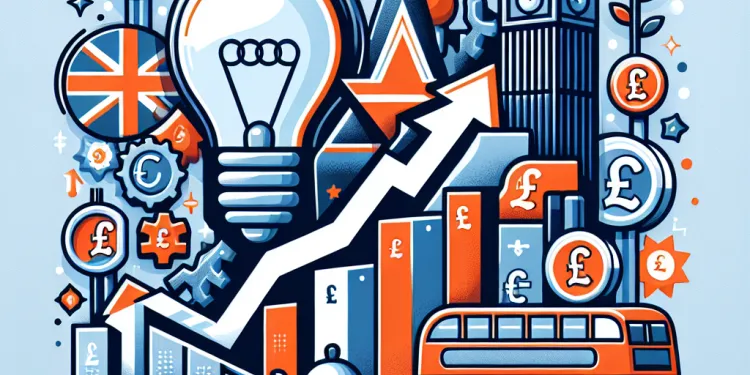
Is the energy price cap being reviewed due to market changes?
Relevance: 16%
-
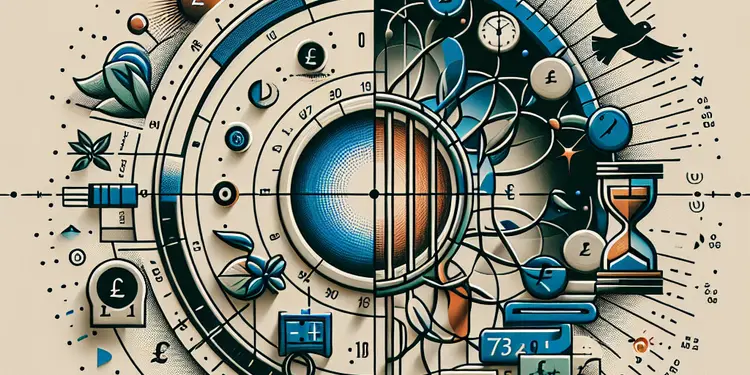
How frequently are prisoners with indefinite sentences reviewed for possible release?
Relevance: 16%
-
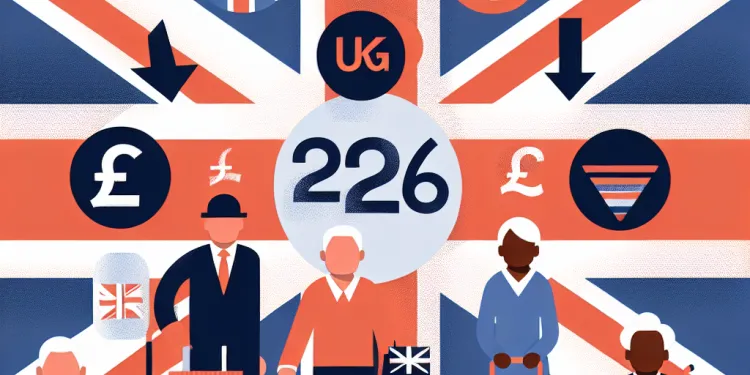
Who will be affected by the state pension age changes in 2026?
Relevance: 16%
-
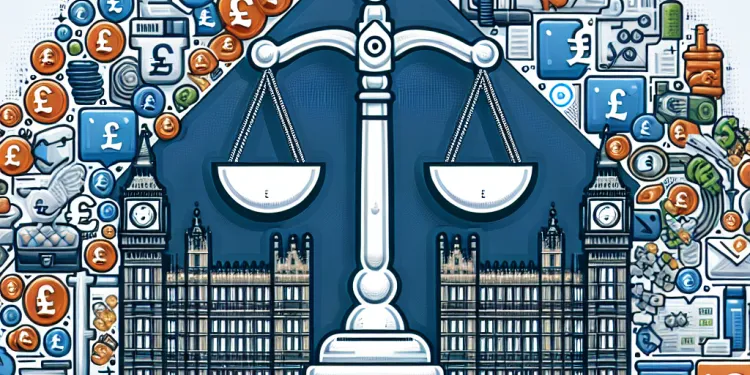
Is there any legal recourse for those affected by the housing benefit cuts?
Relevance: 16%
-

Are there any changes to the state pension age in 2026?
Relevance: 16%
-
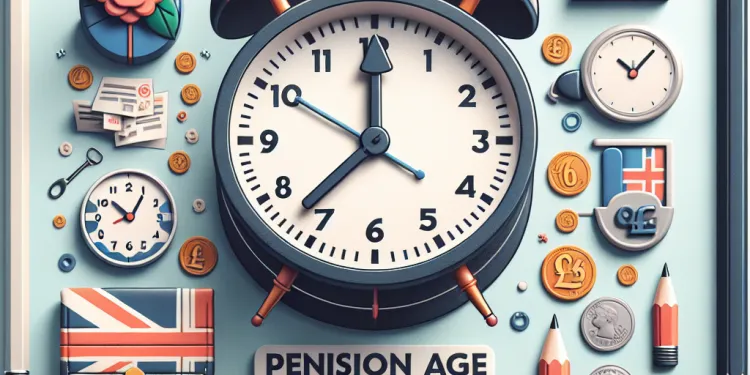
Are men and women's pension ages equalized?
Relevance: 15%
-

Is health linked to aging?
Relevance: 15%
-

Where can I find reviews from current or past National Trust employees?
Relevance: 15%
-
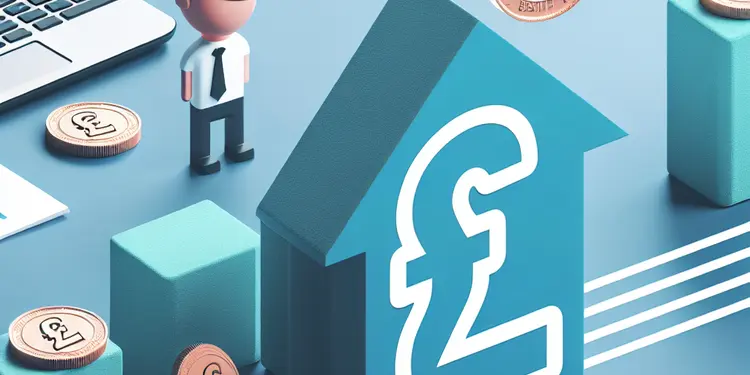
Campaigners Urge Review of Child Benefit Rates in Light of Inflation
Relevance: 15%
-
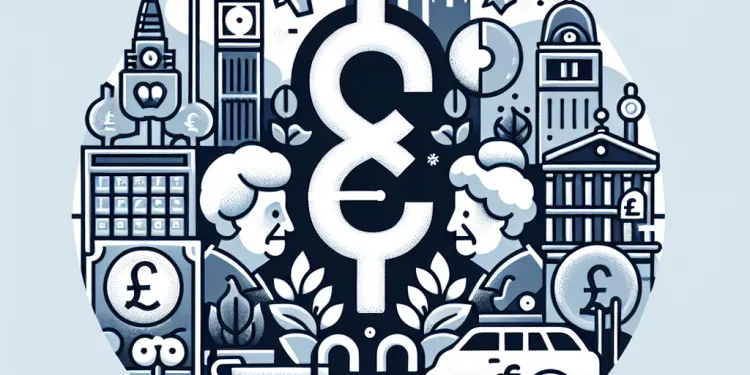
How will the changes in pension age affect retirement planning?
Relevance: 15%
-
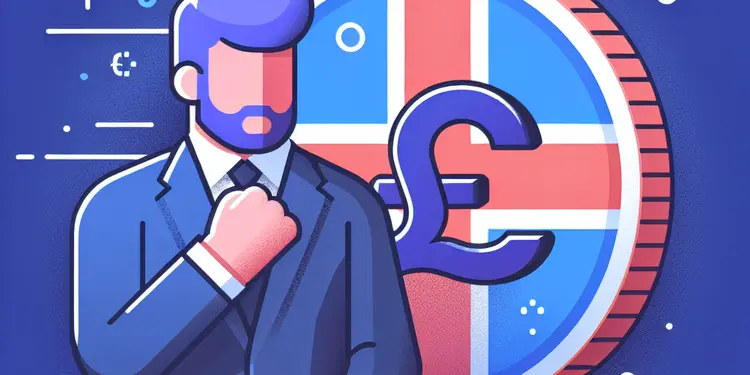
What is a proxy fight?
Relevance: 15%
-
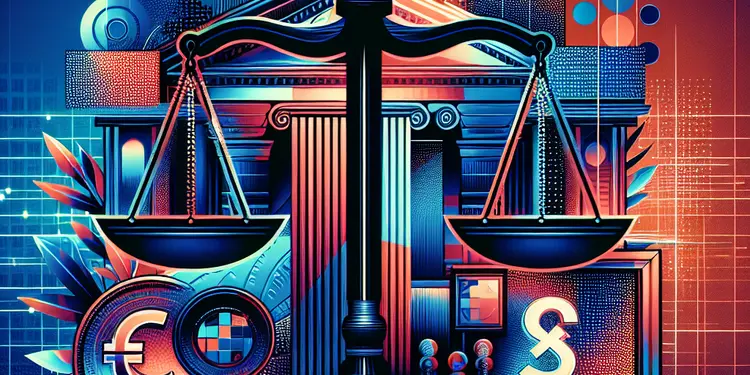
Can the Attorney General override a court decision?
Relevance: 15%
-

How does inflammation affect aging and gut health?
Relevance: 14%
-

What is the normal pension age for firefighters in the UK?
Relevance: 14%
-

Is the age of menopause onset related to dementia risk?
Relevance: 14%
-
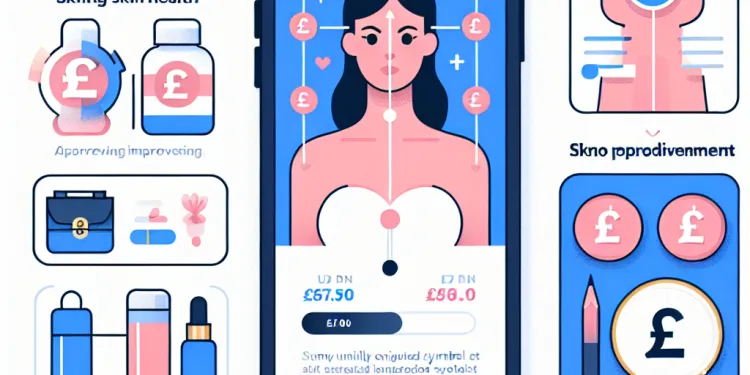
Can eczema improve with age?
Relevance: 14%
-
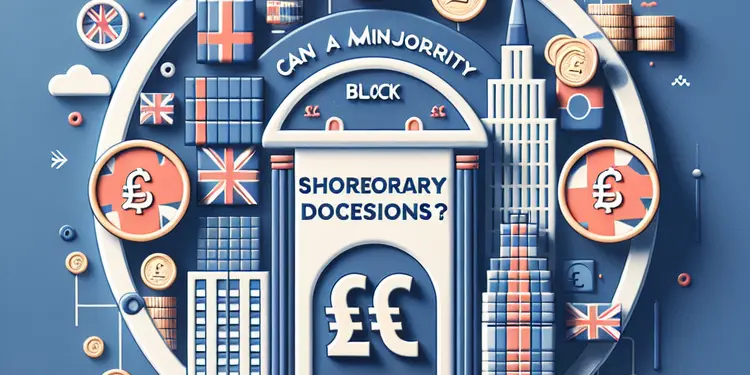
Can a minority shareholder block corporate decisions?
Relevance: 14%
-
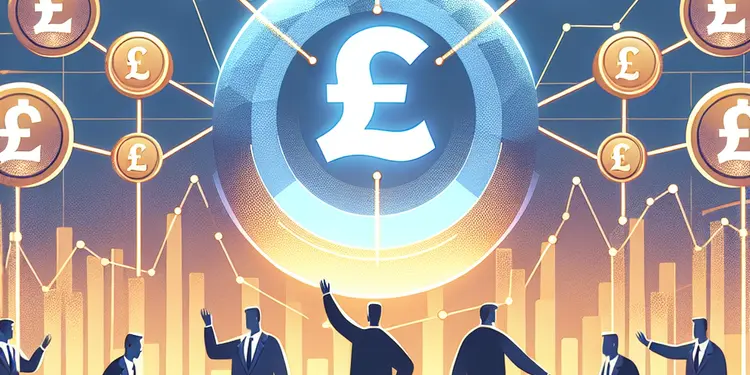
How can shareholders enforce their rights?
Relevance: 14%
-
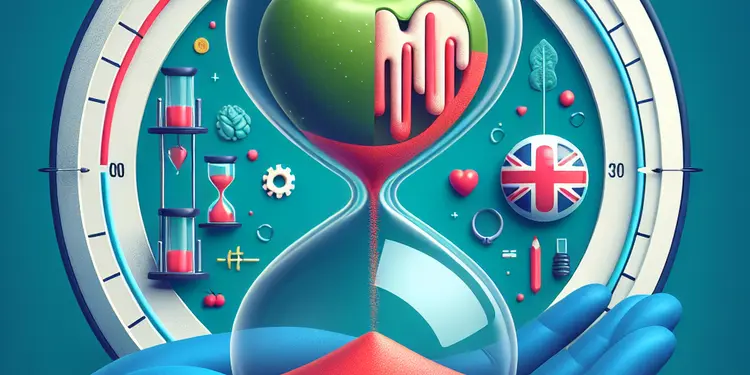
Can maintaining a healthy gut help slow down aging?
Relevance: 14%
Introduction
Members of Parliament (MPs) in the United Kingdom have recently initiated a judicial review concerning the proposal to lower the voting age from 18 to 16. This debate is gaining attention as it touches on key issues regarding democratic participation, the rights of young people, and the implications for future elections.
The Proposal
The proposal to reduce the voting age to 16 has been a topic of discussion for several years, gaining momentum particularly after the 2014 Scottish Independence Referendum. In that event, 16 and 17-year-olds were allowed to vote, setting a precedent that its proponents argue should be extended nationwide. Advocates believe that younger people are more politically aware and mature today, and thus should be given the opportunity to participate in shaping the country's future.
Arguments For and Against
Supporters of lowering the voting age argue that it would increase political engagement among young people and ensure that their views and interests are represented in the government. With many policies and decisions directly affecting them, young people deserve a voice in elections. Additionally, involving teenagers in elections can increase civic participation and political literacy, setting the stage for a lifetime of engagement in the democratic process.
Opponents, however, claim that 16-year-olds may lack the maturity and life experience necessary to make informed decisions at the ballot box. They argue that other responsibilities and legal rights, such as alcohol consumption or military service, remain restricted until older ages, raising questions about consistency in the law.
Legal and Political Context
The judicial review seeks to assess whether the government's refusal to lower the voting age is in line with legal principles and human rights obligations. The review process allows for an independent examination of the policy, enabling MPs to challenge the government's stance on what they argue is an arbitrary age limit.
Politically, the initiative could influence party strategies, as younger voters might reshape electoral outcomes. Parties looking to appeal to a broader demographic may recalibrate their platforms to address issues important to younger voters, such as climate change, education, and technology.
Implications and Future Outlook
If the judicial review leads to a policy shift, it could mark a significant change in the UK's electoral landscape. Lowering the voting age could set a new standard for political participation and inspire similar movements in other regions. Additionally, expanded voter engagement at a younger age might lead to long-term benefits in voter turnout and political awareness.
The outcome of this review will be closely watched, as it holds potential ramifications not just for young potential voters, but also for the broader principles of democratic representation and inclusion. Regardless of the result, the discussion surrounding voting age will likely persist, reflecting ongoing debates about the nature and extent of youth participation in democratic processes.
Introduction
Some Members of Parliament (MPs) in the UK want a court to look at the idea of letting 16-year-olds vote instead of waiting until they are 18. This is a big topic because it's about young people having a say in important matters and how future votes might change.
The Proposal
The idea of letting 16-year-olds vote has been talked about for years. It became even more important after 16 and 17-year-olds were allowed to vote in the 2014 Scottish Independence vote. People who like the idea say young people today know a lot about politics and should help decide the future.
Arguments For and Against
People who support letting 16-year-olds vote say it would help more young people to care about politics. It would make sure their ideas are included in government decisions. They say when teenagers vote, they learn more about politics, which helps them stay involved when they grow up.
People who disagree say 16-year-olds may not be ready to vote because they are still learning about life. They point out that things like drinking alcohol or joining the military have age limits higher than 16, which could mean voting should as well.
Legal and Political Context
The court review will check if not letting 16-year-olds vote is fair and follows the law. The review gives MPs a way to question the government's decision to keep the voting age at 18.
Politically, letting younger people vote might change how elections turn out. Political parties might change their ideas to get more young people interested, like talking about climate change and education.
Implications and Future Outlook
If the court says the voting age should be lowered, it could change how voting works in the UK. It might also inspire other places to think about letting younger people vote. More young voters might mean more people voting and caring about politics in the long run.
Everyone will watch to see what the court decides because it affects young people and how democracy works. Even after the decision, people will keep talking about whether younger people should be more involved in politics.
Frequently Asked Questions
What is a judicial review in the context of voting age reduction?
A judicial review is a legal process where the courts review the legality of a legislative or administrative decision or action. In the context of voting age reduction, MPs are questioning the legal basis or process by which the voting age was changed.
Why are MPs seeking a judicial review over the voting age reduction?
MPs may seek a judicial review because they believe the decision to reduce the voting age was not made in accordance with legal or constitutional requirements.
What is the current voting age, and what age is it proposed to be reduced to?
The current voting age, which varies by country, is often 18. The proposal usually suggests reducing it to 16 or 17.
What arguments do proponents of voting age reduction make?
Proponents argue that reducing the voting age increases democratic participation, empowers younger citizens, and reflects the capabilities and interests of younger people in civic matters.
What are the arguments against voting age reduction?
Opponents argue that younger individuals may lack the maturity and life experience to make informed voting decisions and that the current age is appropriate for full civic responsibility.
Which countries have already lowered the voting age?
Countries like Austria, Malta, and Brazil have lowered the voting age to 16 for certain elections.
How does a judicial review process work?
The judicial review process involves a court examining the legality of the decision-making process or the decision itself. The process typically involves filing a case, court hearings, and a judicial decision.
What impact could a judicial review have on the voting age legislation?
If the judicial review finds that the voting age legislation is unlawful, it might result in the decision being annulled or require the legislative body to amend the process or decision.
Who can request a judicial review?
Typically, individuals or groups with sufficient interest in the matter, such as MPs in this case, can request a judicial review.
What are the potential consequences if the judicial review finds in favor of the MPs?
If the judicial review finds in favor of the MPs, the voting age reduction could be halted, reversed, or require a legislative rethink or adjustment.
What are the steps involved for MPs to initiate a judicial review?
MPs must show they have a vested interest, apply to the courts with their case, and provide evidence/arguments that the decision was unlawful or procedurally flawed.
How long does the judicial review process typically take?
The duration varies greatly but can take several months to over a year depending on the complexity of the case and court schedules.
Have there been previous cases of judicial reviews leading to policy reversals?
Yes, judicial reviews have led to reversals or amendments of policies and legislation in many instances where courts found that due process was not observed.
What role do public opinions play in judicial reviews?
Public opinion can indirectly influence judicial reviews as it might impact legislative actions or how arguments are framed, but judges base their decisions on legal merits.
Can the outcome of the judicial review be appealed?
Yes, parties involved in a judicial review can typically appeal the decision to a higher court if grounds exist.
What legal grounds are MPs focusing on in their request for judicial review?
The legal grounds usually include questions of constitutional breaches, procedural errors, or exceeding legal authority.
How does reducing the voting age align with international trends or practices?
Reducing the voting age aligns with a broader international trend recognizing younger people's rights and engagement in democratic processes, as seen in several countries.
What is the expected reaction from the electorate at large towards this judicial review?
Reactions can vary widely, with young potential voters likely feeling disenfranchised if reductions are halted, while others might support the review for ensuring process integrity.
How might political parties be impacted by changes to the voting age?
Political parties might need to adjust their platforms and outreach strategies to appeal to younger voters, potentially changing the political landscape.
Are there any historical precedents of voting age changes leading to legal challenges?
Yes, changes in voting age and other franchise reforms have historically faced legal challenges as stakeholders debate the implications and legality of such changes.
What is a Judicial Review About Changing Voting Age?
A judicial review is when a judge looks at a decision or law to see if it is fair and legal.
The voting age is the age when people can vote in elections. Some people want to change this age to let younger people vote.
A judicial review can help decide if changing the voting age is the right thing to do.
Some tools that can help you understand this better are talking to a helper or using pictures and videos. They can explain things more simply.
A judicial review is when a court looks at a decision or action to see if it is legal. Here, the court checks if changing the voting age was done the right way. MPs want to know if the law was followed when they changed the voting age.
Why do some MPs want to change the rules about voting age?
MPs might want a judge to look at the decision because they think the rules were not followed properly when deciding to lower the voting age.
How old do you have to be to vote now, and what younger age is being suggested?
You need to be a certain age to vote in elections. Right now, that age is a specific number. Some people think we should let younger people vote. They want to change the age to a younger number.
Tools to help understand:
- Use pictures: Look at pictures that show voting booths or people voting.
- Play games: Find games that teach you about voting or elections.
- Talk about it: Have a parent or teacher explain what voting means and why age matters.
In most countries, people can vote when they are 18 years old. Some people think we should let people vote when they are 16 or 17 years old.
Why do some people think the voting age should be lower?
Some people think letting younger people vote is a good idea. They say it helps more people join in voting, gives young people more say, and shows that young people care about what happens in their community.
Why do some people say no to lowering the voting age?
Some people think young people are not ready to vote. They say young people need more time to grow up and learn before making big choices like voting. They believe the voting age we have now is the right one.
Which countries let young people vote?
In some places, 16-year-olds can vote. These places include Austria, Malta, and Brazil. But this is only for some elections.
What happens in a judicial review?
A judicial review is when a judge looks at what the government or a public body did.
If they made a mistake, the judge can change it.
Here is how it works:
- You ask the court if you can have a judicial review.
- A judge looks at the case to see if it is important.
- If the judge agrees, they will look at what the government did.
- The judge decides if they followed the rules.
- If they didn’t, the judge can ask them to do it right.
If you find reading hard, ask someone to help you understand.
The judicial review process is when a court looks at whether the way a decision was made, or the decision itself, is legal. This process usually includes starting a case, having court meetings, and then the court makes a decision.
Here’s how it works:
- You file (start) a case in court.
- There are meetings in court called hearings.
- The court then makes a decision.
If you want help to understand this, you can:
- Ask someone to explain it to you.
- Use pictures or videos to see how it works.
- Use apps that help with understanding words.
How could checking the voting age law with a judge change it?
If the court says the voting age law is not right, they might cancel it. This means the people who make the laws will have to change it.
Who can ask for a court to check a decision?
Some people can ask a special court to look at a decision. You can do this if:
- The decision is about you.
- You think the decision is wrong or unfair.
If you think this, you can ask for help from a lawyer or a legal advisor. They will tell you what to do.
Supportive tools or techniques:
- Ask a friend or family member to help you understand the decision.
- Use pictures or drawings to help you see what the decision means.
- Take your time and ask questions if you don’t understand.
If someone, like an MP (Member of Parliament), really cares about something, they can ask for a special look at it by the court. This is called a "judicial review."
What might happen if the court agrees with the MPs?
If the court agrees with the MPs, they might stop or change the new voting age. They could also make new rules about it.
How do MPs start a judicial review?
Here are the steps that MPs can take to start a judicial review:
- Understand what a judicial review is. It checks if a decision was made correctly.
- Find out if the decision can be reviewed. Not all decisions can be.
- Get legal advice. Lawyers can help understand the rules.
- Gather information. Collect all facts and documents about the decision.
- Fill out the forms. There are special forms for a judicial review.
- Send the forms to the court. This starts the review process.
- Wait for the court to say what happens next. They might ask for a hearing.
Tools to help: Use plain language dictionaries and ask for help if any words are hard to understand.
MPs need to show they have a strong reason to care about the issue. They must go to the courts with their problem and show proof or reasons why the decision was wrong or not done properly.
How long does it take for a judge to review a case?
The time it takes is different for each case. It can be a few months or more than a year. It depends on how complicated the case is and the court's schedule.
To understand better, you can:
- Ask someone for help or use apps that read text aloud.
- Use apps that explain difficult words.
Have judges ever changed rules before?
Yes, sometimes judges look at laws or rules to make sure they are fair. If they find something wrong, they can change or stop the law. This can happen if the rules were not made the right way.
How do people's opinions affect court decisions?
Court decisions are like a big judge puzzle. The judges make choices about laws. When people have strong thoughts or feelings about a law, it can help judges understand what the public cares about.
Supportive tools:
- Use a dictionary to understand new words.
- Ask a teacher or an adult if you need help.
- Watch videos about how courts work.
What people think can sometimes change what laws get made or how people talk about them. But judges make choices based on the law, not what people think.
Can you ask for another look if you don't like the judge's decision?
Yes, if you are in a legal case and you do not like the decision, you can usually ask a bigger court to look at it again. But you need a good reason to do this.
What reasons are MPs using to ask for a court check?
MPs want a court to look at a decision. They are using legal reasons for this. Let's find out what reasons they have.
If you want help with reading, you can:
- Listen to audiobooks.
- Use a ruler or finger to follow along while reading.
- Ask someone to read with you.
- Use text-to-speech tools on your device.
People usually look at three things when they have legal questions:
1. Did someone break the rules set by the country's main laws? (These are called constitutional breaches.)
2. Were any mistakes made in how things were done? (These are called procedural errors.)
3. Did someone use more power than they were allowed to? (This is called exceeding legal authority.)
If you find this hard to understand, tools like text-to-speech programs can help by reading the text out loud. You can also ask someone to explain it with easy words.
How does lowering the voting age fit with what other countries are doing?
Many countries are talking about changing the voting age. Some have already done it.
Lowering the voting age means more young people can vote. This can be similar to what other places in the world are doing.
To learn more, you can:
- Use a computer or tablet to search the internet.
- Ask an adult to help you find information or explain it to you.
Many places around the world are letting younger people vote. This means more young people can take part in choosing leaders and saying what they think. It shows how important young people are and that their voices matter.
How will most people feel about this court case decision?
People can feel very different about this.
Young people who want to vote might feel left out if cuts are stopped.
But other people might like the review because it makes sure everything is fair.
How does changing the voting age affect political parties?
Changing the voting age means letting younger or older people vote.
This can change how people vote and what they want.
Political parties might have to change what they say to get new voters' support.
Using pictures or videos can help explain these ideas better.
Political parties may need to change their plans and how they talk to people to make younger voters like them. This could change the way politics works.
Have there been times in the past when changing the voting age caused legal problems?
Yes, when the voting age changes, some people go to court. They want to talk about if it’s fair and if it follows the law.
If you find it hard to read, you can ask someone to read it with you. Point to each word as you read. You can also use tools that read the text out loud for you.
Useful Links
Have you found an error, or do you have a link or some information you would like to share? Please let us know using the form below.
-->
This website offers general information and is not a substitute for professional advice.
Always seek guidance from qualified professionals.
If you have any medical concerns or need urgent help, contact a healthcare professional or emergency services immediately.
Some of this content was generated with AI assistance. We’ve done our best to keep it accurate, helpful, and human-friendly.
- Ergsy carfully checks the information in the videos we provide here.
- Videos shown by Youtube after a video has completed, have NOT been reviewed by ERGSY.
- To view, click the arrow in centre of video.
- Most of the videos you find here will have subtitles and/or closed captions available.
- You may need to turn these on, and choose your preferred language.
- Go to the video you'd like to watch.
- If closed captions (CC) are available, settings will be visible on the bottom right of the video player.
- To turn on Captions, click settings .
- To turn off Captions, click settings again.
More Items From Ergsy search
-

MPs Seek Judicial Review Over Voting Age Reduction
Relevance: 100%
-

Can the Attorney General be involved in judicial reviews?
Relevance: 45%
-

Judicial Review Sought Over NHS Data Sharing Agreements
Relevance: 41%
-

How often does the UK government review the state pension age?
Relevance: 28%
-

Evidence-Based Interventions: breast reduction
Relevance: 26%
-

How is an indefinite sentence reviewed?
Relevance: 25%
-

Could there be a reduction in the basic rate of income tax by 2026?
Relevance: 24%
-

How often is the National Living Wage reviewed?
Relevance: 20%
-

Do all jurisdictions have the same requirements for reviewing indefinite sentences?
Relevance: 20%
-

How significant is the reduction in funding for AIDS, Tuberculosis, and Malaria research?
Relevance: 19%
-

How often is the energy price cap reviewed?
Relevance: 19%
-

Judicial Appointments Under Scrutiny as Diversity Reports Spark Debate
Relevance: 18%
-

What age group will first see the state pension age at 67?
Relevance: 18%
-

How often should I review my pension plan?
Relevance: 18%
-

What is the state pension age in the UK in 2026?
Relevance: 18%
-

What is the new planned state pension age after 2028?
Relevance: 17%
-

How often do energy companies review their electricity prices?
Relevance: 17%
-

What are the state pension age changes in 2026 in the UK?
Relevance: 17%
-

What settings should I regularly review for security?
Relevance: 17%
-

NHSGGC - Reviewing Laxatives
Relevance: 16%
-

Will the state pension amount change with the age increase?
Relevance: 16%
-

Is the energy price cap being reviewed due to market changes?
Relevance: 16%
-

How frequently are prisoners with indefinite sentences reviewed for possible release?
Relevance: 16%
-

Who will be affected by the state pension age changes in 2026?
Relevance: 16%
-

Is there any legal recourse for those affected by the housing benefit cuts?
Relevance: 16%
-

Are there any changes to the state pension age in 2026?
Relevance: 16%
-

Are men and women's pension ages equalized?
Relevance: 15%
-

Is health linked to aging?
Relevance: 15%
-

Where can I find reviews from current or past National Trust employees?
Relevance: 15%
-

Campaigners Urge Review of Child Benefit Rates in Light of Inflation
Relevance: 15%
-

How will the changes in pension age affect retirement planning?
Relevance: 15%
-

What is a proxy fight?
Relevance: 15%
-

Can the Attorney General override a court decision?
Relevance: 15%
-

How does inflammation affect aging and gut health?
Relevance: 14%
-

What is the normal pension age for firefighters in the UK?
Relevance: 14%
-

Is the age of menopause onset related to dementia risk?
Relevance: 14%
-

Can eczema improve with age?
Relevance: 14%
-

Can a minority shareholder block corporate decisions?
Relevance: 14%
-

How can shareholders enforce their rights?
Relevance: 14%
-

Can maintaining a healthy gut help slow down aging?
Relevance: 14%


